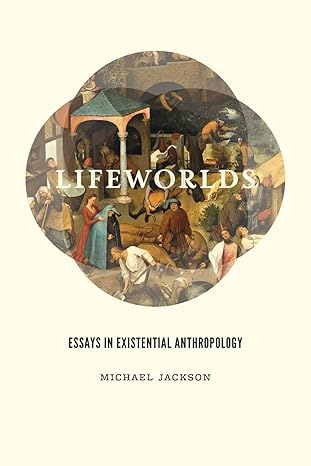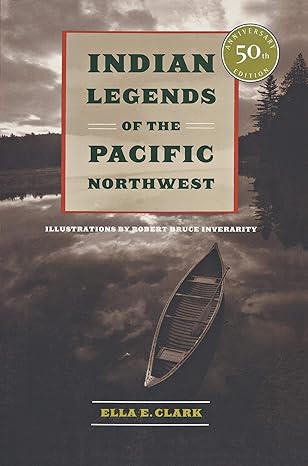Go back


Lifeworlds Essays In Existential Anthropology(1st Edition)
Authors:
Michael Jackson

Cover Type:Hardcover
Condition:Used
In Stock
Shipment time
Expected shipping within 2 DaysPopular items with books
Access to 30 Million+ solutions
Free ✝
Ask 50 Questions from expert
AI-Powered Answers
✝ 7 days-trial
Total Price:
$0
List Price: $112.00
Savings: $112(100%)
Solution Manual Includes
Access to 30 Million+ solutions
Ask 50 Questions from expert
AI-Powered Answers
24/7 Tutor Help
Detailed solutions for Lifeworlds Essays In Existential Anthropology
Price:
$9.99
/month
Book details
ISBN: 0226923657, 978-0226923659
Book publisher: University of Chicago Press
Get your hands on the best-selling book Lifeworlds Essays In Existential Anthropology 1st Edition for free. Feed your curiosity and let your imagination soar with the best stories coming out to you without hefty price tags. Browse SolutionInn to discover a treasure trove of fiction and non-fiction books where every page leads the reader to an undiscovered world. Start your literary adventure right away and also enjoy free shipping of these complimentary books to your door.
Book Summary: Michael Jackson’s Lifeworlds is a masterful collection of essays, the culmination of a career aimed at understanding the relationship between anthropology and philosophy. Seeking the truths that are found in the interstices between examiner and examined, world and word, and body and mind, and taking inspiration from James, Dewey, Arendt, Husserl, Sartre, Camus, and, especially, Merleau-Ponty, Jackson creates in these chapters a distinctive anthropological pursuit of existential inquiry. More important, he buttresses this philosophical approach with committed empirical research. Traveling from the Kuranko in Sierra Leone to the Maori in New Zealand to the Warlpiri in Australia, Jackson argues that anthropological subjects continually negotiate—imaginatively, practically, and politically—their relations with the forces surrounding them and the resources they find in themselves or in solidarity with significant others. At the same time that they mirror facets of the larger world, they also help shape it. Stitching the themes, peoples, and locales of these essays into a sustained argument for a philosophical anthropology that focuses on the places between, Jackson offers a pragmatic understanding of how people act to make their lives more viable, to grasp the elusive, to counteract external powers, and to turn abstract possibilities into embodied truths.
Customers also bought these books
Frequently Bought Together
Top Reviews for Books
Lucia Folerias
( 4 )
"Delivery was considerably fast, and the book I received was in a good condition."










